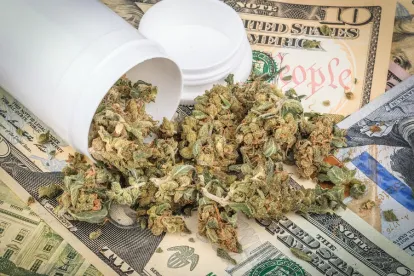On July 23, 2019, the United States Senate Committee on Banking, Housing, and Urban Affairs (the “Committee”) held a public hearing on the cannabis industry and its inability to access the nation’s financial services market. As cannabis is a federally prohibited controlled substance, any and all proceeds derived from its sale cannot be deposited in federally insured financial institutions. Since the cannabis industry cannot deposit any proceeds, cannabis companies are strictly cash-only. The dangerous combination of cannabis and hard currency in one place creates an unfortunate and pervasive risk for theft and robbery.
The hearing, “Challenges for Cannabis and Banking: Outside Perspectives,” included prepared testimony from Senators Gardner (R-CO) and Merkley (D-OR), both of whom are co-sponsors to the Secure and Fair Enforcement Banking Act (the “SAFE Act”). Generally, the SAFE Act relieves financial institutions from the threat of federal prosecution for granting financial services to state-sanctioned cannabis businesses.
In his opening remarks, Senator Gardner acknowledged that the federal government is “waking up to the reality that the cannabis issue is not going to go away,” and that the nation’s cannabis laws “have become both intolerable and untenable.” The SAFE Act explicitly states that proceeds from a cannabis-related legitimate business will not be considered as proceeds from an unlawful activity solely because the transaction was conducted by a cannabis-related legitimate business. Accordingly, financial institutions will be free to engage in financial services with legitimate cannabis businesses without fear of retaliation from federal banking regulators.
While the SAFE Act still requires passage through Congress and President Trump’s signature, the SAFE Act’s introduction in the House of Representatives this past March and the Senate’s public hearing on the same are significant steps forward for cannabis-related businesses gaining access to the nation’s financial services market.




 />i
/>i

